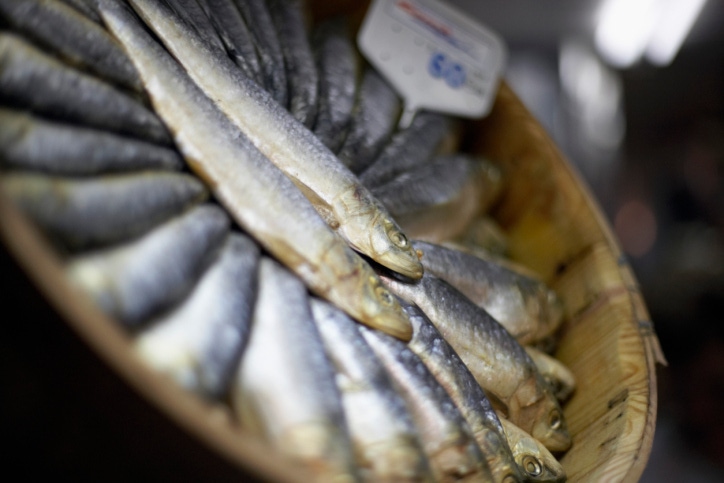USDA issues $530m in trade aid to seafood producers
Seafood Trade Relief Program offers $530 million to those in seafood industry affected by retaliatory tariffs.
September 9, 2020

U.S. Agriculture Secretary Sonny Perdue announced Sept. 9 that the U.S. Department of Agriculture will provide approximately $530 million to support the U.S. seafood and fishing industry affected by retaliatory tariffs from foreign governments. The funding will be provided through the Seafood Trade Relief Program and funded through the Commodity Credit Corp. (CCC), which is administered by USDA’s Farm Service Agency (FSA).
“Many nations have not played by the rules for a long time, and President [Donald] Trump is the first President to stand up to them and send a clear message that the United States will no longer tolerate unfair trade practices,” Perdue said. “The Seafood Trade Relief Program ensures fishermen and other U.S. producers will not stand alone in facing unjustified retaliatory tariffs while President Trump continues working to solidify better and stronger trade deals around the globe.”
The Seafood Trade Relief Program funding will support the following seafood types:
Atka mackerel
Crab -- Dungeness, king, snow, southern tanner
Flounder
Geoduck
Goosefish
Herrings
Lobster
Pacific cod
Pacific Ocean perch
Pollock
Sablefish
Salmon
Sole
Squid
Tuna
Turbot
Fishermen can sign up for relief through the program from Sept. 14 to Dec. 14, 2020. They should apply through their local USDA Service Center, which can be found at www.farmers.gov/service-locator. The application is available at www.farmers.gov/Seafood.
All USDA Service Centers are open for business, including some that are open to visitors to conduct business in person by appointment only. All Service Center visitors wishing to conduct business with FSA, the Natural Resources Conservation Service or any other Service Center agency should call ahead and schedule an appointment. Service Centers that are open for appointments will pre-screen visitors based on health concerns or recent travel, and visitors must adhere to social distancing guidelines. Visitors are also required to wear a face covering during their appointment.
You May Also Like


